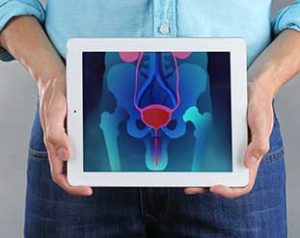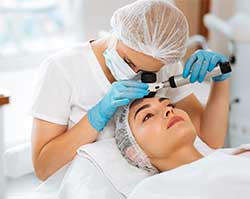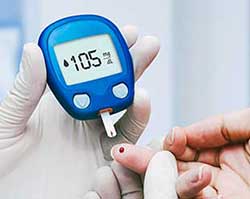Consult City's Top Doctors, The Minute You Need To
First Consultation starting
@ ₹349 ₹599
2031
Gastroenterologists
163831
Cases done
by Gastroenterologists
1534
Hospitals
What is ANOSCOPY?
Anoscopy is a simple procedure which help a physician to identify abnormality in gastrointestinal tract mostly in anus, anal canal and rectum. During this test the physician will insert a small tube just into the opening of anus. The anoscope will have a light on the end which helps the health care provider to see the entire area.
Up to 50% of rectal bleeding can be falsely attributed to hemorrhoids without internal examination to confirm this diagnosis. [1]
When is ANOSCOPY recommended?
Anoscopy is recommended to carefully examine the lining of anus and rectum and detect for various colorectal conditions like
Hemorrhoids: They are swollen veins around your anus and rectum which cause bleeding during bowel movements.
Anal fissures: Small tears in anus can develop due to chronic constipation or Crohn’s disease.
Abscesses: Pus-filled sores, an infection, an anal fissure, an STD, ulcerative colitis, or Crohn’s disease.
Cancer: For anal rectal cancer it is important to screen especially if any unusual symptoms appears.
Polyps: Small growths are usually harmless but they may cause cancer.
Preparing for ANOSCOPY
Position the patient for rectal exam in a left lateral decubitus position.
Patient needs to take deep breath and push down with the muscles used for a bowel movement.
It is to be noted that if the patient feels pain or discomfort because anoscopy is not usually a painful procedure which indicates there's a problem in the tissue.
Understanding ANOSCOPY results
Normal results: Anal canal appears normal in size, colour, and tone. It indicates no signs of bleeding, polyps or hemorrhoids.
Abnormal results: It includes Abscess, Fissures, Foreign object in the anus, hemorrhoids, infection, inflammation, polyps (non-cancerous or cancerous) and tumours.
Other Specialities
Give a missed call to 08061914343 to Download the App
































